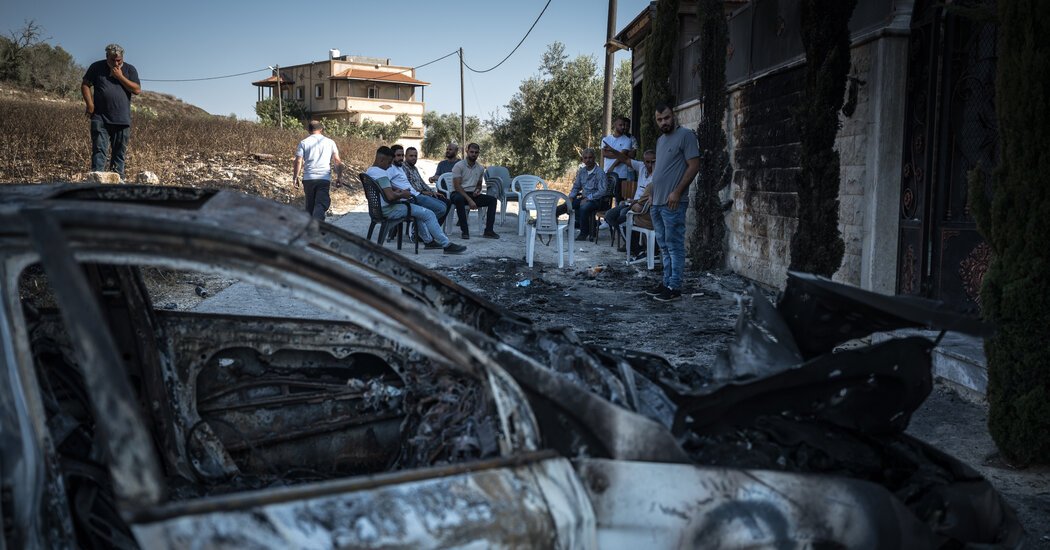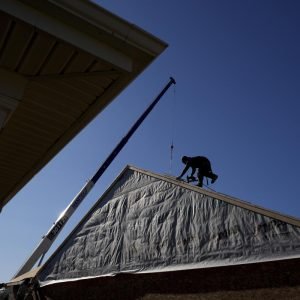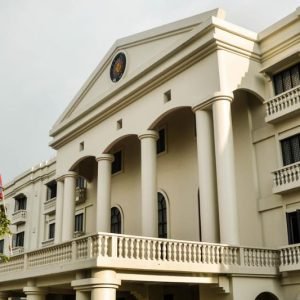
In total, four houses and six vehicles were burned, according to Yesh Din, an Israeli rights group.
The military said that its forces, along with Israeli Border Police, had been dispatched to the site and dispersed the rampage by firing shots into the air and “removing the Israeli civilians from the town” within about 30 minutes from the time it began.
But rights groups and Palestinians have said in the past that the Israeli military often does nothing to stop such attacks. And Jit residents said that the military had not arrived at the scene until more than an hour after the settler rampage had begun.
The office of Prime Minister Benjamin Netanyahu of Israel, whose coalition government includes West Bank settlers in top positions, said the leader “takes seriously the riots that took place this evening in the village of Jit, which included injury to life and property by Israelis who entered the village.”
But far-right members of Mr. Netanyahu’s government, including Bezalel Smotrich, the finance minister, and Itamar Ben-Gvir, the minister of national security, have made inflammatory statements about Palestinians before and have advanced policies to expand Israel’s hold on the West Bank.
In October, Mr. Ben-Gvir, who oversees the police, promised to provide thousands of guns to Israelis, including to settlers. He posted photographs that showed him handing out assault rifles to civilians.
Jit residents said Mr. Netanyahu’s government bore some responsibility for the attack.
“Ben-Gvir gave them these weapons to attack us,” said Oomyma al-Sidee, a relative of Muawiya al-Sidee. She said she was holed up in her home with her six sons and other relatives as settlers tried to break through the metal front door.
“This is terrorism,” she said.
From the roof of their home, her sons threw rocks at the settlers, trying to push them away from the home and two vehicles parked out front. Some of the settlers smashed the vehicles’ windows and set them on fire with Molotov cocktails, she said.
Despite the danger, she said, Ms. al-Sidee’s husband ran outside with a hose to try to put out the fire, worried that the vehicles would explode and ignite their home.
“We escaped death,” she said.
This was not the first time that the family had been targeted, she said. In October, Israelis from the same settlement kidnapped her husband for an hour, beat him with guns and threatened to shoot him.
Since then, Ms. al-Sidee said, she has kept their IDs, important documents and gold jewelry in a lunchbox that she carries with her every time she leaves her house.
On Thursday night, after the attack, she and her family slept at a relative’s house.
“Tonight, I don’t know where we will sleep. They might come back,” Ms. al-Sidee said on Friday, expressing a widespread fear throughout the village.
She had just returned from the wake for Mr. al-Seda, who had been a student in an Arabic class she teaches.
Throughout the village, mourning posters had gone up for Mr. al-Seda. At his family’s home, a banner hung outside as villagers streamed in to attend the wake. Recitations from the Quran played in the background as women came in, offering their condolences and sipping bitter coffee.
In one corner, his mother, Iman al-Seda, sat reciting prayers and lamenting the loss of her son.
“My love, my life,” she said, weeping and wiping her bloodshot eyes with a crumpled tissue.
Mr. al-Seda, who had worked in computers, was a sociable person who brought life to their home, his mother said. He would always kiss on her cheeks and hands, a common sign of respect for elders in Arab culture.
“What am I going to do?” she said. “I wish he hadn’t gone to help.”






